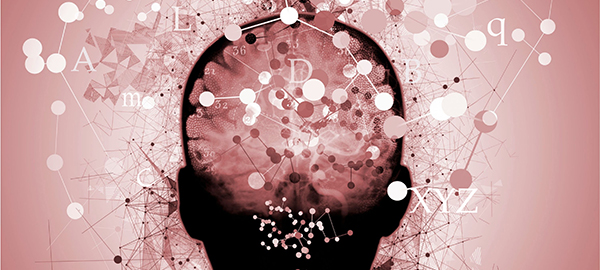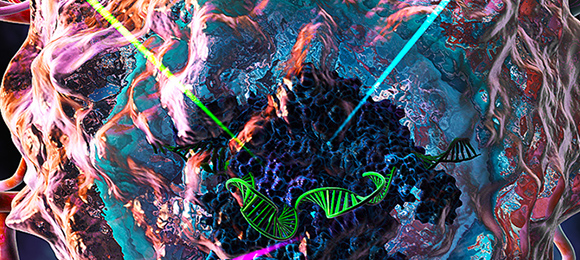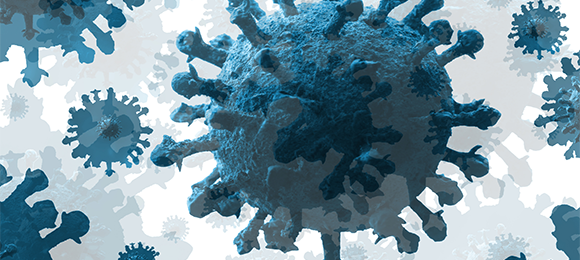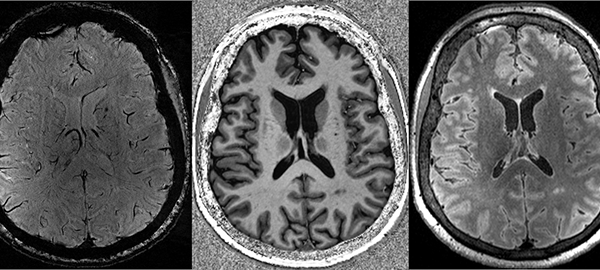|
|
Difficulties with communication – the ability to use language and to comprehend what others are saying – are among the earliest symptoms of psychosis. Dr. Lena Palaniyappan believes language may be the key to understanding the illness. He’s using high-powered magnetic resonance imaging to scan the brains of patient volunteers with acute psychosis to get a better picture.
|
||
|
|
|
Investigating the effects of COVID-19 on the brain Researchers and physicians have been observing the neurological and cognitive symptoms associated with COVID-19. Using an ultra-high field magnetic resonance imaging (MRI) scanner at Robarts that is more than twice as powerful as a clinical MRI, the research team can see a clear picture of how the disease is affecting the brain.
|
||
|
|















